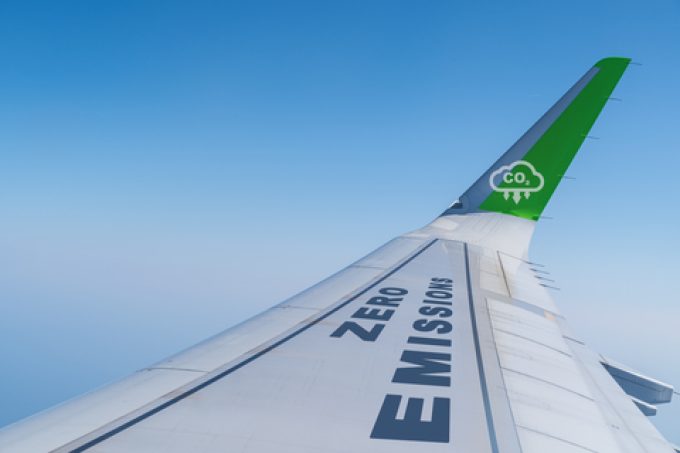Greener shipping – 'further work needed', but all still to play for
Last week’s International Maritime Organization (IMO) ISWG-GHG 18 meeting left little decided and much still ...

For aviation to reach net zero emissions is a real challenge – and the path ahead is laden with speed bumps.
The most frequent complaint about SAF is the lack of availability in the market, an issue which will not be helped by the apparent failure ...
Predatory rivals circle as the ripples from DSV's Schenker buy widen
Latest Israeli attack on Iran a threat to box ships in Straits of Hormuz
DHL Express facilities in Canada forced to shut down by strike
Industry concerns rise after yet another box ship on fire off Indian coast
New Middle East conflict brings airspace closures, flight chaos and oil price worry
More legal trouble in India for MSC: feeder vessel detained after box ship disasters
Return of downward pressure on container spot freight rates
BYD launches logistics subsidiary – and eyes ports and shipping sectors

Comment on this article